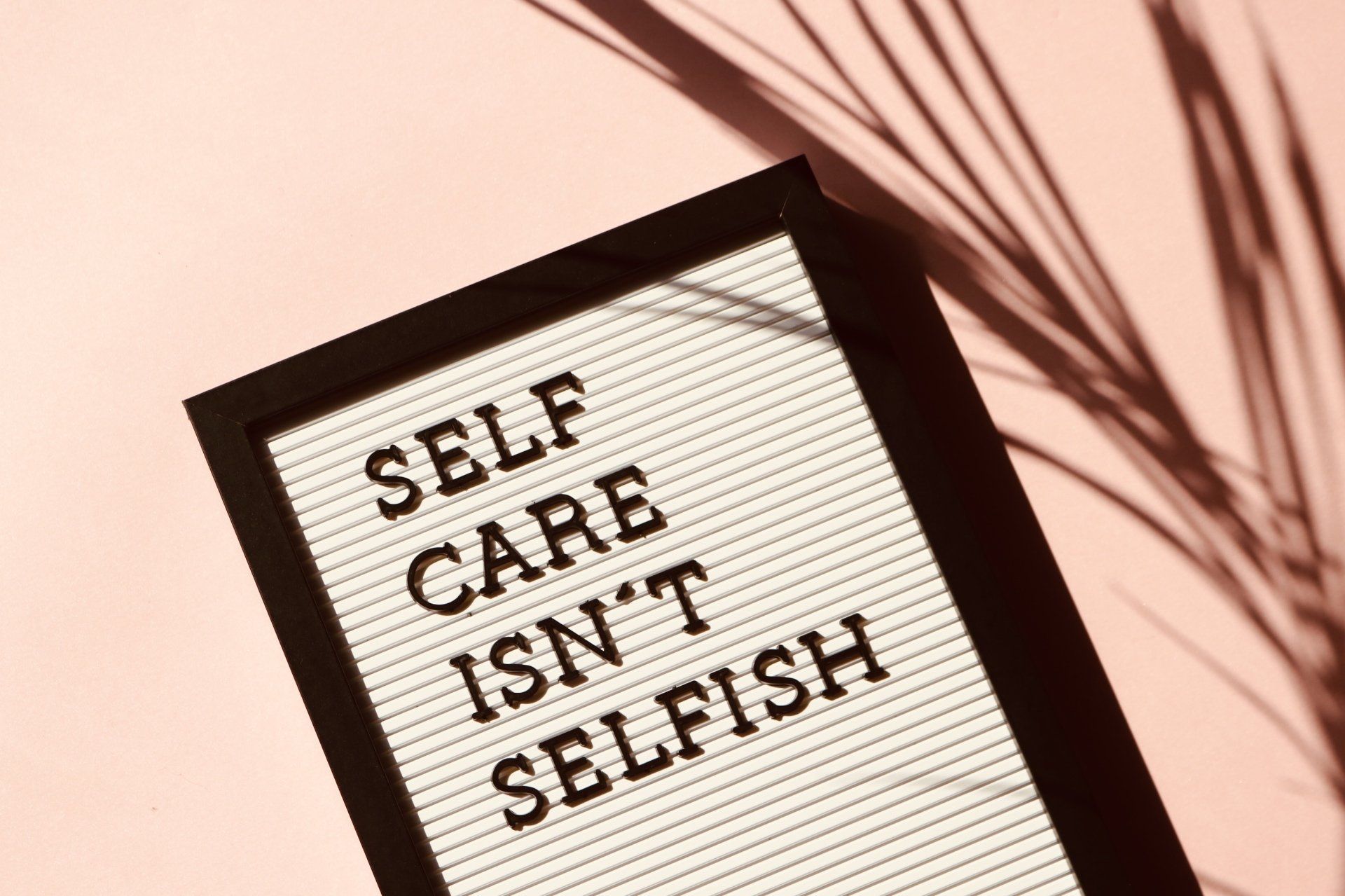What Is Self-Care and Why Do You Need It
We cannot pour from empty vessels

What Is Self-Care and Why Do You Need It
As an individual who is long-term recovery, the need for self-care is detrimental to my staying healthy and productive. According to most experts, there are at least eight areas of self-care that you need to keep in mind. The categories below will help you optimize each life-area throughout your lifetime. Whether you are part of a large family or not, it’s important to value and care for yourself, just as you would care for a friend or family member.
· Physical – To care for yourself physically, eat healthy meals and snacks, and exercise daily. Also, practice good sleep habits and basic hygiene. Schedule time to take care of yourself by doing physical activities that energize you and make you happy.
· Psychological – Self-care for your mind is important since your mind has a prolific influence on every part of your life. Participate in activities that mentally stimulate you, such as taking photos, playing strategic board games, and activities that use develop your problem-solving skills. The more self-care you give your mind now, the longer and healthier you will be as you age.
· Emotional – Maintaining your emotional health is important throughout your life. Maintaining healthy emotions helps you function effectively and stabilize your personal energy. Learn to develop, understand, and control your emotions by using self-care strategies to address your individual needs, such as deep breathing, accepting your feelings, journaling about your feelings, etc.
· Social – When people are deprived of making connections and interacting with others, especially in childhood, it can lead to a variety of long-term health issues. For this reason, it’s important to incorporate social self-care strategies to interact with others and form healthy relationships on a regular basis for a happy, healthy, fulfilled life.
· Professional – Workplace self-care often includes your physical and mental health since it affects your performance and the people around you. However, it also includes workplace related development that’s specific to your job. When you don’t care for yourself, not only do you suffer but your team and the business may suffer as well. Take a few minutes for self-care when needed at work.
· Environmental – Decluttering your home, workplace, and your mind is important to your productivity level. When you don’t clean the clutter, it can cause you to feel stressed and anxious, which can lead to more serious problems.
· Spiritual – Spiritual self-care can result in a wide range of health benefits. When you practice some form of spiritual self-care you tend to have a more balanced life. This type of self-care helps to deepen your connection with our higher self or higher being. It also helps you to manage emotions, make good choices, and appreciate others.
· Financial – People who do not practice financial self-care tend to lose or waste money. Financial self-care practices help you buy and sell more wisely by being more responsible with your money. You need to know the source of your money and where it’s going when it’s spent. This enables you to set smart goals for yourself in the short-term and in the long-term.
While self-care can seem challenging at times, you are the only one who knows what you want and need. You are also the only one who has control over your thoughts and actions. Because of this, you take better care of yourself than anyone else.


